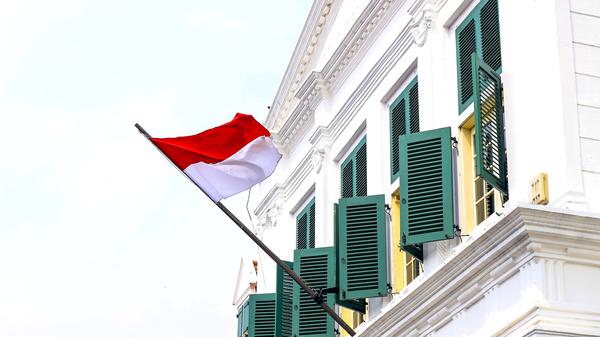
Dutch colonial era
The Indonesian archipelago has long been known for its abundant natural resources. For centuries, European traders travelled across and coveted the islands in search of spices. At the time, nutmeg, cinnamon, coffee, cane sugar, pepper, clove and vanilla constituted valuable commodities in Europe. British and Portuguese occupied a number of Indonesian islands resulting in rivalry over their mutual control.
The Dutch colonisation
In 1602, the Dutch government created the VOC (Vereenigde Oost-Indische Compagnie), to regulate the trade with Asia. The company was empowered to wage war in the name of Holland. The VOC established its headquarters in Batavia, formerly Jayakarta and the present-day Jakarta. Later on, the Dutch evicted the Portuguese from Ambon and took control over the Moluccas. From then on, emigration from the Netherlands to Indonesia intensified especially after the construction of the Suez Canal at the end the nineteenth century. Therefore, Holland gradually took control over nearly all the archipelago. From 1830 to 1870, the Dutch kingdom imposed a system of forced cultivation to supply European markets.Indigenous population life conditions under Dutch rule
During the 350 years of Dutch colonisation, many indigenous insurrections and revolutions were suppressed in bloodshed. The Dutch authorities didn’t hesitate to kill any native who opposed their domination. Neither did they lack using ruse and subterfuge to play one group or kingdom against the other. At one point, they managed to ally with the Javanese nobility. The ultimate goal being to take advantage of the respect and loyalty the Javanese held towards their king to remain in control. The beginning of the twentieth century saw the emergence of numerous Islamic and socialist movements. They were usually lead by educated Indonesian intellectuals who actually were very few in those days. In 1940, nearly thirty thousand Dutch civil servants governed the country. Ninety percent of the local population was illiterate.Japanese occupation and Indonesia’s independence:
In 1941, the Pacific war spreads to Southeast Asia. In 1942, just after Pearl Harbor, the Japanese Imperial Army invaded Indonesia. The Dutch people were arrested and incarcerated. This dramatic page of Indonesia’s history is characterized by large-scale atrocities and abuses. In 1945, after the Japanese army was defeated by the Allied forces, Indonesia declared its Independence but the Dutch Empire returned expecting to resume its domination of the archipelago. Indonesians had to fight back; the revolusi lasted four years. Holland was using money loaned by the Marshall Fund Plan to fight this battle. It is only after the United Stated threatened to cut off Marshall Plan aid to the Netherlands that the Dutch got out of Indonesia. Sovereignty was officially transferred in December 1949 and the new Indonesian government lead by president Sukarno took office on August 17th 1950.NOS CIRCUITS
Lie a ce conseil de voyage
Parfum the Mongolie
14 jours - 2,350$
Parfum the Mongolie
14 jours - 2,350$

